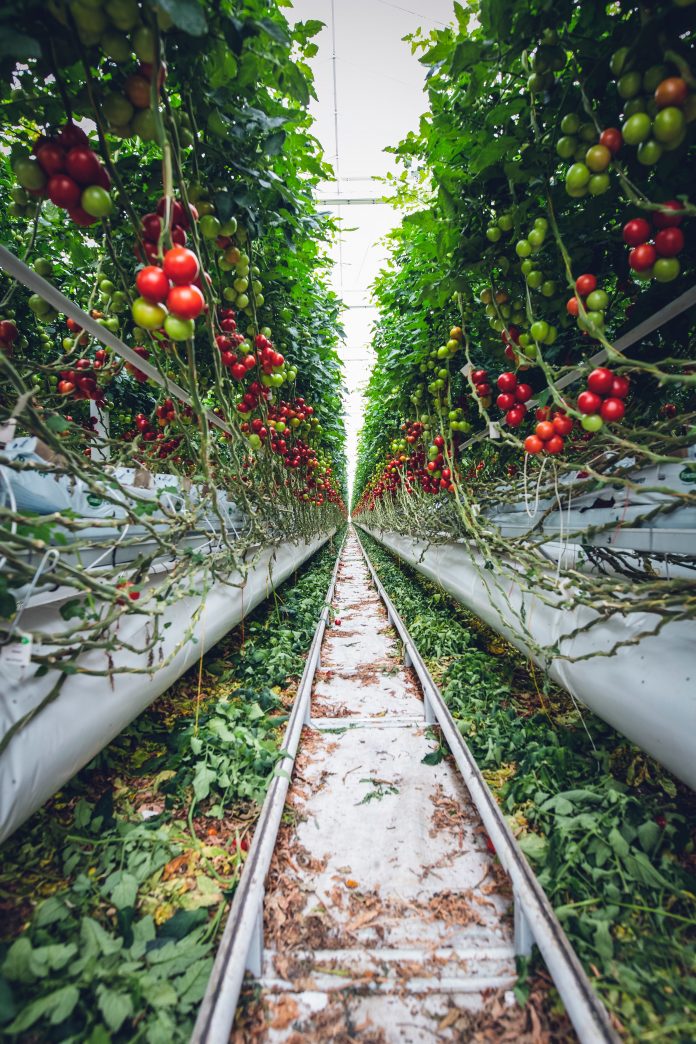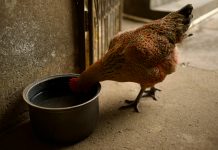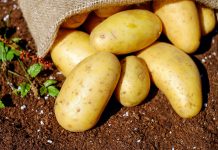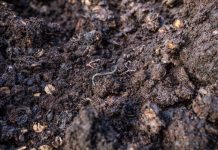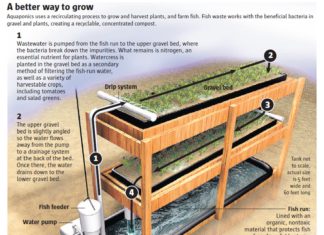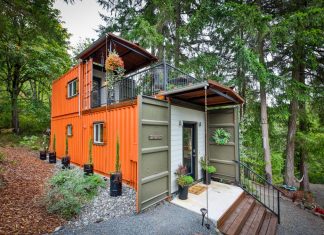Living off the grid and growing your own food can be a rewarding and rewarding experience. Not only are you becoming more self-sufficient, but you’re also helping to protect the environment by reducing your reliance on mass-produced foods with harmful chemicals and additives. But how do you go about it? Here are 7 tips for growing your own food while living off the grid.
From choosing the right location to planting, cultivating, and harvesting your crops, these tips will ensure that you have a bountiful harvest for years to come. So read on and get ready to reap the rewards of growing your own food while living off the grid!
Tip 1 – Plan Ahead
When planning to grow your own food while living off the grid, it is important to consider space requirements and plan ahead. You should determine how much area you have available for planting before deciding what kind of crops to grow.
Plus, you will need to research climate and soil conditions in order to know which types of crops are best suited for your region and the type of soil that is available. Additionally, you will need to determine sustainable water sources and use the right irrigation services for your crops, as this can have a major impact on their success or failure.
By taking all of these factors into consideration before starting your garden, you can set yourself up for success and ensure that your crops will thrive!
Tip 2 – Choose the Right Crops
When choosing the right crops to grow while living off the grid, you should consider your zone and growing season. Depending on where you live, and the time of year, certain types of crops may flourish more than others.
Knowing this information ahead of time will allow you to plan accordingly and select varieties that are best suited for your region. Additionally, you should determine expected yields in order to ensure that your garden is producing enough food. Finally, selecting varieties for maximum nutritional benefits is also important.
By doing this, you can get the most out of the produce from your garden and ensure that your family is getting all the vitamins and minerals they need. With these tips in mind, you’ll be sure to harvest a plentiful crop of nutritious and delicious food.
Tip 3 – Utilize Appropriate Containers and Soil Mixtures
When growing your own food, it is important to utilize appropriate containers and soil mixtures. Depending on what type of crops you’re growing, the type of container you need may vary.
For example, some vegetables or herbs may require a larger pot, while smaller plants, such as microgreens, can be grown in trays or even ice cube trays!
Additionally, you may need to create your own potting mix or purchase a ready-made mixture depending on the types of soil available in your area.
By doing this, you can ensure that the nutrients and minerals in the soil are balanced, and that your plants will have all they need to thrive.
Tip 4 – Understand the Basics of Plant Care
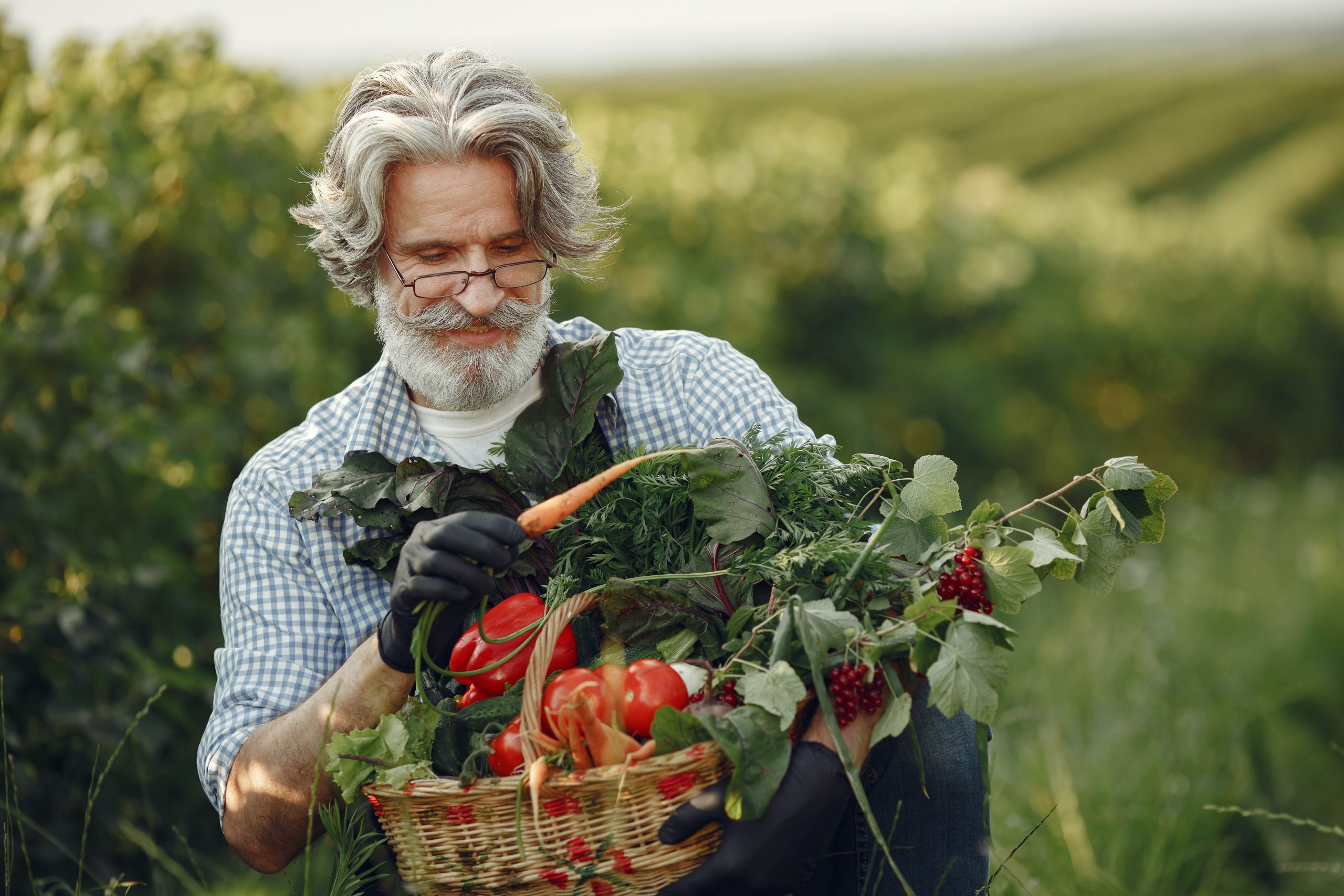
If you want to have success with growing your own food while living off the grid, it is important to understand the basics of plant care. Knowing when and how much to water your plants is essential for their health and growth.
You should also research which nutrients are important for your specific crops and consider companion planting strategies that could improve their performance. By taking all these factors into consideration, you can ensure that your plants are receiving the care they need to thrive.You can also save time and money by avoiding any unnecessary treatments or applications that could damage your garden, so make sure you keep an eye out for that!
Tip 5 – Utilize Parasite Control Strategies
When growing your own food while living off the grid, it is important to understand how to control parasites.
One way you can do this is by investing in beneficial insects that feed on pests, such as ladybugs and lacewings. Introducing companion plants into your garden that naturally repel certain insects can help keep unwanted pests away from your crops.
Finally, you should research natural repellents and sprays that can help protect your plants from invaders without harming the environment.
By taking these steps, you can ensure that your garden remains pest-free and productive.
Tip 6 – Consider Preserving Techniques
When living off the grid, it is important to consider food preservation techniques in order to make sure your garden’s bounty can last you throughout the year.
You should understand different methods of food preservation, such as canning and freezing, and invest in the proper supplies for each method.
Additionally, you may want to purchase a dehydrator if you plan on preserving herbs or other food items that require drying.
By taking the time to learn these preservation techniques, you can extend the shelf life of your crops and make sure that none of your hard work in the garden goes to waste!
Tip 7 – Reap the Benefits of Composting
Composting is a great way to improve the health of your garden while living off the grid. You should research different composting strategies, tools and supplies in order to create nutrient-rich compost that can help your plants thrive.
Additionally, you should understand how to make compost out of household waste such as food scraps, paper, and yard trimmings.
Once you have your compost pile, it is important to turn the material regularly and monitor the moisture level to ensure optimal decomposition.
With a little bit of effort, you can create nutrient-rich compost that will nurture your plants and make sure they reach their full potential.
Key Takeaways:
Living off the grid and growing your own food can be done with proper planning, research, and preparation. By following the tips outlined in this guide, you can create a successful, sustainable garden at home.
Additionally, stay informed by researching local regulations and permits, utilizing resources both online and in print, and connecting with others who live off the grid. With these strategies in mind, you can be sure to have a rewarding experience growing your own food no matter where you live!


